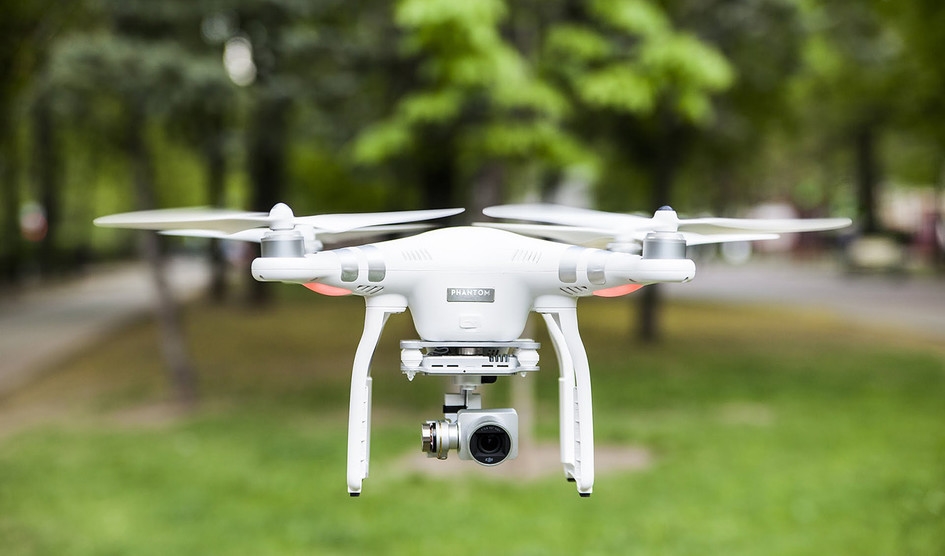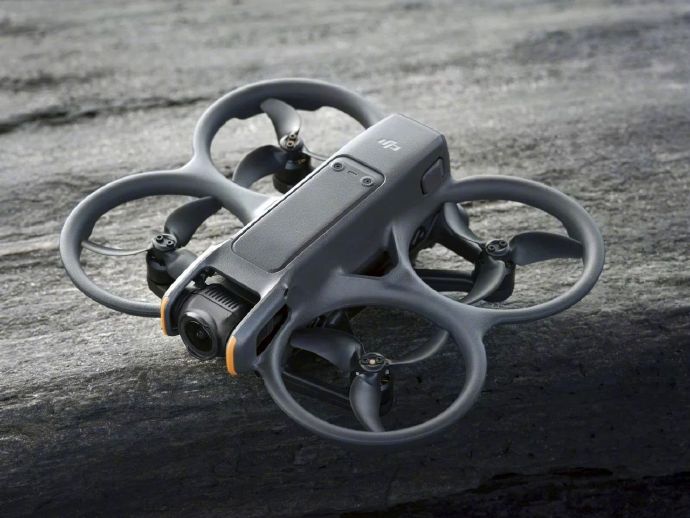In recent years, the advent of personal drones has drastically changed how individuals interact with technology and the world around them. As technology advances, personal drones, no longer just an innovative gadget, are becoming integral to everyday tasks. Whether enhancing leisure activities, aiding in creative pursuits, or supporting various professional fields, these flying devices offer unique capabilities that were once unimaginable.
The Versatile Nature of Personal Drones
Personal drones are equipped with a range of features that cater to diverse needs. Their versatility makes them suitable for tasks such as aerial photography, surveillance, and even delivery services. Lightweight and portable, they provide users the flexibility to capture stunning aerial shots that were once only achievable through expensive equipment. Photographers and filmmakers utilize drones to garner new perspectives, enhancing the storytelling element significantly. In particular, personal drones have proved invaluable in capturing breathtaking landscapes and sports events from angles previously inaccessible.
Enhancing Security and Surveillance
Security is a primary concern for many, and personal drones have stepped up to offer solutions. Equipped with high-resolution cameras and even thermal imaging, drones are now used by homeowners and security professionals to monitor properties and large areas. Unlike traditional CCTV systems, drones can patrol areas autonomously, providing a real-time aerial view of activities and quickly identifying potential threats. This capability is particularly beneficial for remote areas or vast properties where human surveillance might be limited or inefficient.
Innovating Delivery Systems
The integration of personal drones into delivery systems signals a significant shift in logistics. Companies like Amazon and Google are investing heavily in drone technology to deliver goods swiftly and efficiently. These drones can bypass traffic congestion and reduce delivery times, offering a more eco-friendly solution compared to traditional vehicles. However, challenges such as air traffic regulations and payload limitations remain obstacles that innovators are working to overcome. Test runs in controlled environments are promising, indicating a future where drone deliveries might become commonplace.
Moreover, in the medical field, drones are revolutionizing how emergency supplies are transported. They are used to quickly transport blood samples, medicines, and other critical supplies to remote or inaccessible areas. This transformation underscores the value of drones in saving lives and improving the efficiency of healthcare systems.
Recreational Use and Sports
On a lighter note, drones have carved a niche in the recreational and sports sectors. Hobbyists delight in drone racing, an emerging competitive sport that combines speed, precision, and technology. Enthusiasts fly their drones through complex courses, testing their skills and reflexes while offering entertainment for spectators. Additionally, drones are a hit in capturing extreme sports, providing footage from unique viewpoints that enhance both the experience for participants and the content quality for audiences.
Environmental Monitoring and Conservation
Personal drones are pivotal in environmental conservation efforts. Researchers and conservationists utilize drones to monitor wildlife, map ecosystems, and assess the health of various habitats. These drones can access challenging terrains and fly over vast expanses, providing critical data without disturbing the natural environment. They enable experts to conduct surveys and collect data more efficiently, making strides in protecting endangered species and combating illegal activities such as poaching.
Future Challenges and Ethical Considerations
Despite their benefits, the rise of personal drones presents challenges, including privacy concerns and airspace congestion. As drone use becomes prevalent, ensuring that these devices do not infringe on personal privacy or interfere with manned aircraft is crucial. Regulatory bodies are implementing rules to guide responsible drone operation, balancing innovation with safety and privacy considerations.
Frequently Asked Questions
- How do personal drones improve safety in neighborhoods? Personal drones enhance neighborhood safety by providing real-time aerial surveillance, enabling rapid identification of intruders or unusual activities.
- What challenges do drone deliveries face? Key challenges include air traffic management, payload restrictions, and legal regulations that ensure safety and privacy during deliveries.
- Can anyone fly a personal drone? While many drones are user-friendly, operators should adhere to regulations set by aviation authorities to ensure safe and legal use.


In summary, personal drones are not just a passing trend but are set to revolutionize various aspects of daily life, from enhancing leisure activities to transforming critical services like healthcare and security. Their potential to foster innovation while addressing global challenges makes them an important tool for the future.